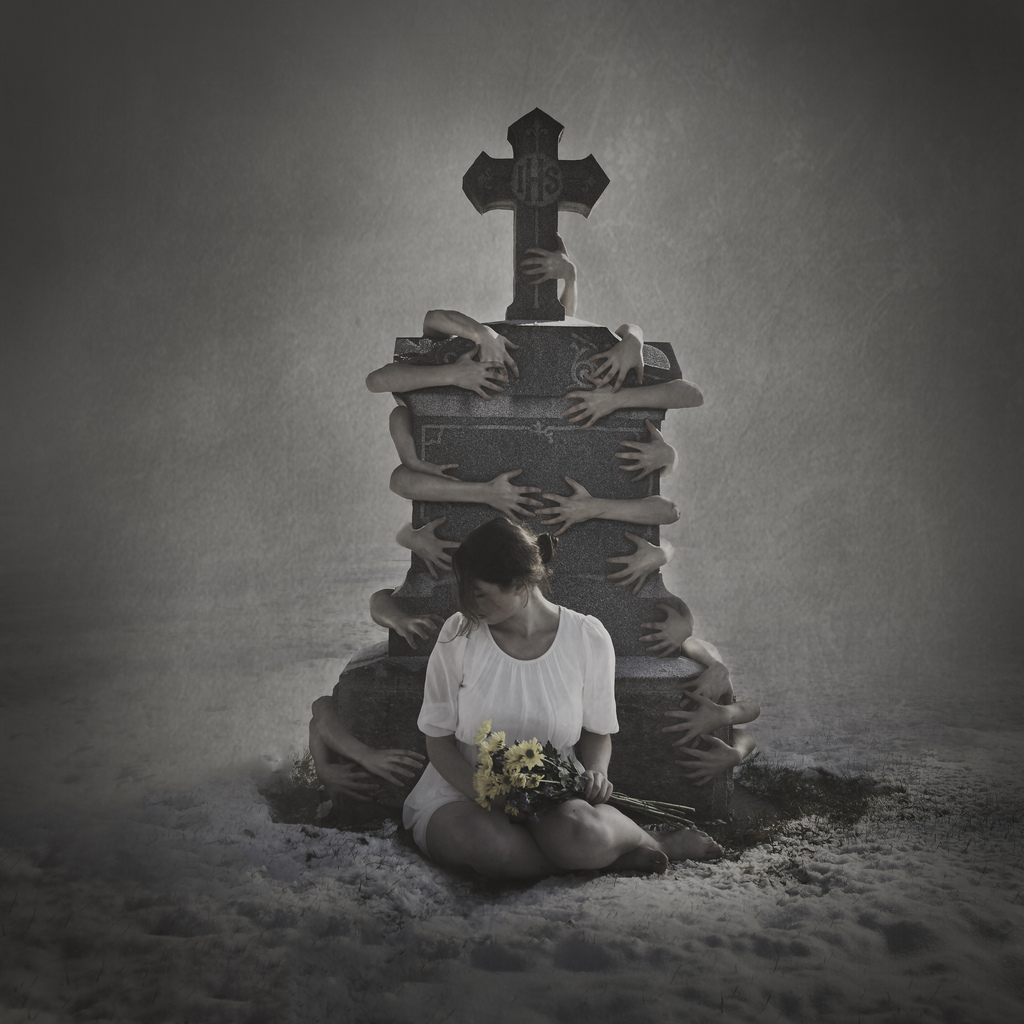“But once he left the university, it all floated out of reach like a dream he couldn’t quite remember.” In the twilight of existence, a man warmly ponders life, naive to the fact he might not be long for it…

by: Gary Duehr
Overhead, gusts of wind were thrashing the tops of the spindly oaks. The dull roar sounded like the ocean. Sinclair zipped up his jacket. He wasn’t ready for fall yet. Up ahead the path forked, the blue Long Walk Trail to the left, yellow Pond Trail to the right. He decided to stay on the Long Walk that looped around the preserve’s perimeter. The name amused him, making him think of Mao’s Long March, the retreat from Nationalist forces in the ’30s.
Sinclair supposed at seventy-four he was on his own long walk, just retired from teaching at Brown. He’d driven up to see his daughter and her eleven-month-old in Ipswich, on Boston’s North Shore. On Route 1A, he’d pulled over in the lot of the Wildlife Sanctuary to look at the GPS on his phone. He pulled a slip of paper from his wallet to check his daughter’s address, placing his glasses on the dash to read the handwriting up close. He felt shaky for a moment but let it go. On a whim he decided to clear his head with a short walk. The trail map showed paths that intertwined on a peninsula jutting out into the Great Meadow. As he strode off, he’d felt his usual overconfidence surge through his chest.
On the Long Walk Trail, Sinclair stamped up a hill, then bent over to catch his breath. A stone bench was marked Scenic Outlook. In every direction, marsh grass flowed like waves, tufted in swirling undulations. A few inlets gleamed in the late afternoon sun. Earlier he’d passed a sign that warned of high tides blocking the trails at noon and midnight.
Descending, he kept his eyes down for rocks and tree roots. He’d twisted his ankle the previous winter on an icy porch step. Off to his right, he heard something crackle through the leaves, something large, maybe a possum or raccoon. He thought he saw a long tail flick behind a fallen branch. Picking his way, he realized how much time he had now. He didn’t miss teaching at all, which surprised him. His windowless office stuffed with books, the smell of Lysol in the lecture hall, grad students nabbing him in the hall for a quick question, the fake cheer at faculty get-togethers. He admitted he’d had a tender ego, easily bruised at a colleague’s notable book or MacArthur; this was an ugly part of himself, a slimy, viscous thing that threatened to choke him from within.
But once he left the university, it all floated out of reach like a dream he couldn’t quite remember. His papers at conferences, the Dean’s honors, the two treatises he’d published through a small university press, they had all faded like phantasms. What had he spent his whole life doing that seemed so important?
A pair of chubby, middle-aged birders with binoculars around their necks came around the bend and passed him on the left. The husband stared straight ahead, but the wife nodded hello, so Sinclair gave the customary hello back. He hated ritual, funny how he couldn’t escape it, even here. His own wife, Margaret, had died of ovarian cancer seven years ago, far too young. He’d been to too many memorial services in white tents on the quad with family photos on easels and singalongs to “I’ll Fly Away.” He felt as if pieces of his life were being chipped off one by one. What lay in wait? He damn sure wouldn’t fly away, he’d let himself crumble right where he was.
Suddenly the path gave way to a boardwalk that wound through a marsh. A line of ducks pushed their way through lily pads that carpeted the still depths. Bright red berries clung to branches. He liked the thump of his shoes on the planks. From here, he could glide along like a camera in a tracking shot: cattails, half-drowned tree stumps, slashes of white birches on the far shore. A gray cloud slipped in front of the sun, and everything darkened a few degrees. The wind had died down. He closed his eyes for a moment, listening to a plane buzz overhead, the clicking of branches. He breathed it all in. Would his daughter Haley start to angst if he was late for dinner? Probably, she carried his worrier DNA. He was happy to see how the baby had grounded her, she was launched into adulthood with a seven-room house and a good husband, Tom.
Haley had hit a rough patch in her senior year of high school. There had been the calls at two a.m., a couple from the police after out-of-control parties, and once from the ER because of alcohol poisoning. That call had jolted the family unit into action with curfews and counseling. He felt a little guilty at letting Margaret take the lead while he stayed on the sideline. It had been more efficient, he told himself.
Sinclair checked his phone, no signal. He’d call her when he got back to the car. He was eager to see his first and only granddaughter, Megan. Again, it had been half a year. Then Megan had been a tiny alien, all large blue eyes and wriggling limbs, a primal sponge absorbing her shiny world. She hadn’t warmed to him right away, but he had a beard and loud voice; he must have seemed scary.
He followed the boardwalk’s curve as it eased onto the bank again. A naked clump of roots from a huge felled tree blocked the way. He veered around it, stepping through a tangle of vines.
The blue dots marking the Long Walk trail had vanished, or he couldn’t make them out in the dusk. He felt in his pocket for his glasses but couldn’t find them. He decided to follow an indentation of flattened ferns, either a path or a creek bed. If he kept the sun over his right shoulder, he should end up at the lot again.
From the parking lot, the two birders thought they heard a loud plash echo in the dark, as if something big and heavy, such as a fridge or armchair, had been dumped into the pond — followed by the long, guttural growl of a beast they hadn’t heard before.
Sinclair’s car was found in a Wildlife Sanctuary lot two days later, when the police swept the area in response to Haley’s panicky call. He’d left his wallet and glasses in the car, undisturbed, and there was no evidence of foul play. The middle-aged birders reported meeting him on the path; they said he appeared to be in good spirits, not depressed. Nearby neighbors were questioned, but no one had seen him walking along the shoulder. For years afterward, every fall Haley would bring Megan to the sanctuary to leave a vase of wildflowers — lavender, foxglove, or daisies, whatever they could pick nearby — at the trailhead.
Gary Duehr has taught creative writing for institutions including Boston University, Lesley University, and Tufts University. His MFA is from the University of Iowa Writers Workshop. In 2001 he received an NEA Fellowship, and he has also received grants and fellowships from the Massachusetts Cultural Council, the LEF Foundation, and the Rockefeller Foundation. His work has been published at Agni, American Literary Review, Chiron Review, Cottonwood, Hawaii Review, Hotel Amerika, Iowa Review, North American Review, and Southern Poetry Review. His books include Winter Light (Four Way Books) and Where Everyone Is Going To (St. Andrews College Press).





